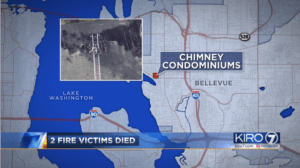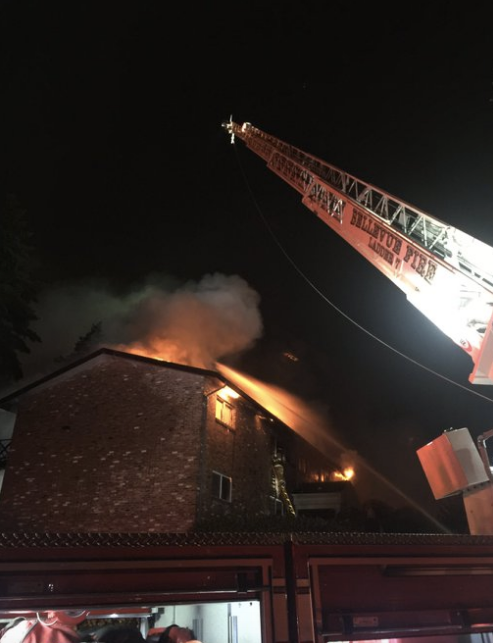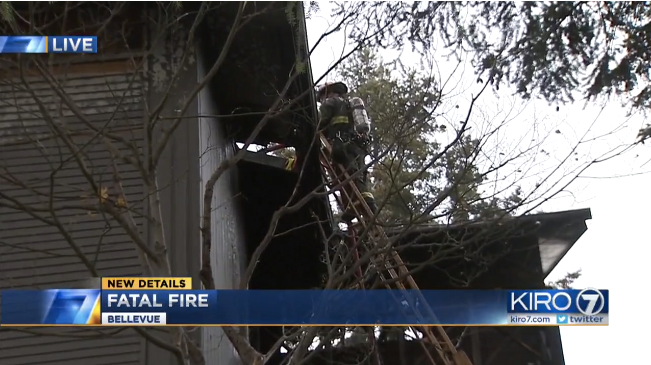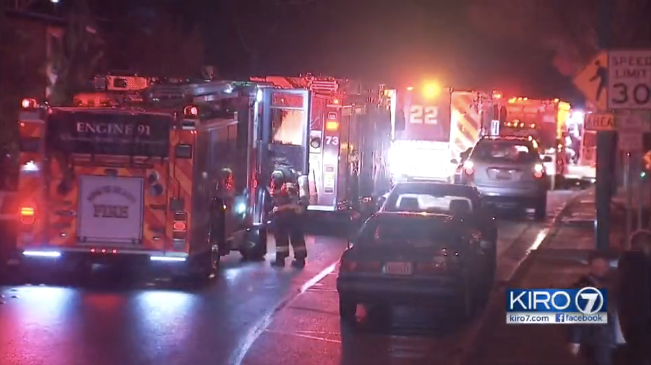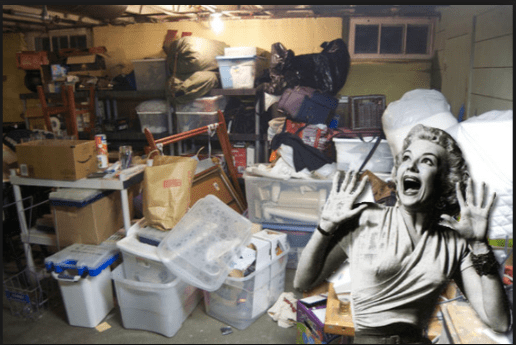 Sunday January 15 after latihan we will be cleaning out the basement so the sewer line can be fixed on Jan 30. If we have volunteers it won’t take a lot of time. Please give Subud an hour or so that we can continue maintaining the house which maintains our inner lives.
Sunday January 15 after latihan we will be cleaning out the basement so the sewer line can be fixed on Jan 30. If we have volunteers it won’t take a lot of time. Please give Subud an hour or so that we can continue maintaining the house which maintains our inner lives.
Category Archives: General Announcements
Plant trees in Kalimantan, Subud Youth to Support WSA
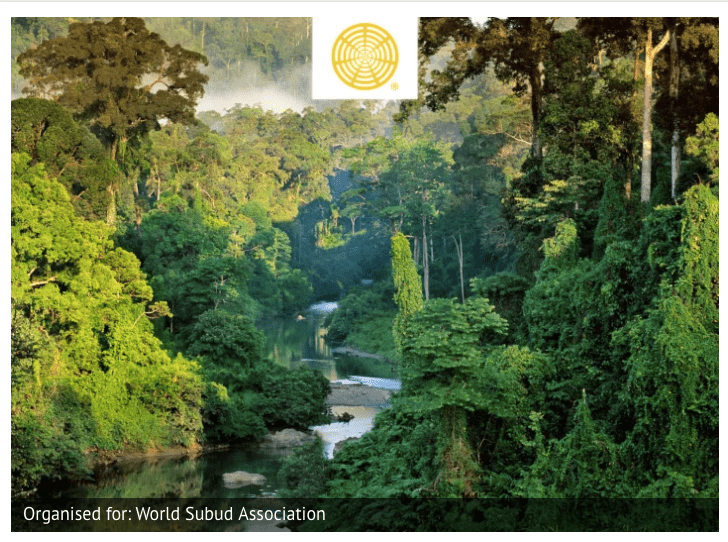 Through planting trees in Kalimantan Subud Youth is supporting WSA.
Through planting trees in Kalimantan Subud Youth is supporting WSA.
https://www.leetchi.com/c/
Plant a Tree – Fund for the Future – Leetchi.com
Adopt a TreeFunding for the future of Subud & the World Dear Brothers and Sisters,To end this year on a hopeful note, let’s make a gift that will be beneficial to our planet.We are launching an initiative to support the rehabilitation of the rainforest in Central Kalimantan, land of Dayaks and a place with much Subud history. If you donate to this fund, a tree will be planted in your name in Borneo. The location is Jumpun Pambelom – 1 hour from Rungan Sari Subud Center.
New Year Celebration!
 Get a good start on your Latihan practice in the New Year!
Get a good start on your Latihan practice in the New Year!
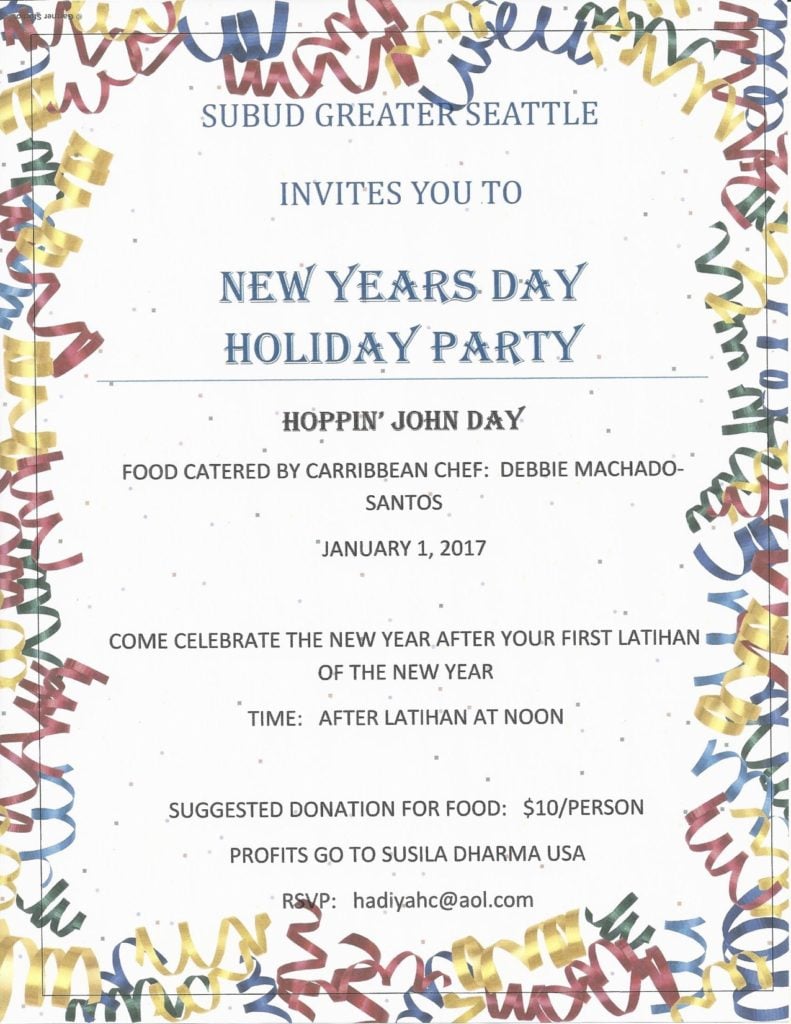
New Year’s Subud Party 1.1.17
Please come to our 2017 New Year’s Day party at the Seattle Center on Jan 1, 2017. It starts after Latihan. New Year’s Day is also “Hoppin’ John Day” in the Southern U.S. As in New Orleans we will have traditional rice and beans plus many other gourmet treats. Proceeds from donations will benefit SD USA and a recommended donation of at least $10 per person is asked or what you feel a gourmet meals is worth.
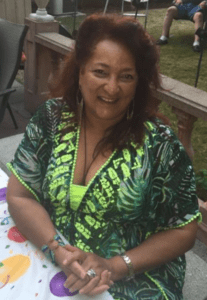
Debbie Machado-Santos www.Calypsocuisine.blogspot.com 240 353-7678
Come and enjoy the cuisine of Debbie Machado-Santos, master chef, who just moved back from Washington, D.C. last April. (www.Calypsocuisine.blogspot.com) Debbie is a chef and another chef (David Calderon from Chile) will also assist. David has been a chef on many cruise ships. Wow! Is this going to be a meal…
Evan Padilla will be giving short presentation on SD and it’s good work around the globe after the meal. Please come and start of the new year with great food and charity.
Thanks to Subud Greater Seattle who has underwritten the purchase of the food and to Debbie and David for the excellent preparations.
To plan, we need to know how many are attending, so please rsvp Hadiyah Carlyle at hadiyahc@aol.com.
Don’t miss this!
No Latihan Sunday. Try Saturday
There will be no Latihan Sunday, November 13. Subud members not at Menucha are encouraged to practice Latihan Saturday, November 12, at 10:15. The reason is a rental of the house for a very special event.
From Vivek Thacker:
 I am a member of the Sathya Sai Baba International Organization (www.sathyasai.org), a spiritual and service organization whose goal is to help man realize the inherent divinity in them. Our practice focuses on 3 aspects: study of our leader, Sri Sathya Sai Baba’s literature, devotional music and serving the needs of the local community. Our members have been extremely active in all these 3 aspects since the 1990s in the Puget Sound region.
I am a member of the Sathya Sai Baba International Organization (www.sathyasai.org), a spiritual and service organization whose goal is to help man realize the inherent divinity in them. Our practice focuses on 3 aspects: study of our leader, Sri Sathya Sai Baba’s literature, devotional music and serving the needs of the local community. Our members have been extremely active in all these 3 aspects since the 1990s in the Puget Sound region.Ken Chafee Surgery
Mariana Chafee reports on Facebook:
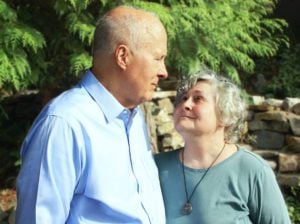 So, tomorrow (Nov 8, 2016) Kenneth will have surgery on his right lung: “minimally invasive, camera assisted, surgery.” There is a very small possibility that they may have to open him up and remove the affected lobe, depending on what they find when they first go in. We are, of course, hoping that this will not be necessary, and he will be in the hospital for some days in either case. This is a worrying situation, and your kind thoughts for him will be much appreciated. Thank you, I’ll post again when we know more.
So, tomorrow (Nov 8, 2016) Kenneth will have surgery on his right lung: “minimally invasive, camera assisted, surgery.” There is a very small possibility that they may have to open him up and remove the affected lobe, depending on what they find when they first go in. We are, of course, hoping that this will not be necessary, and he will be in the hospital for some days in either case. This is a worrying situation, and your kind thoughts for him will be much appreciated. Thank you, I’ll post again when we know more.
9:18pm Tuesday update:
It has been a long day, and stressful, but Kenneth is resting in the hospital. They did have to remove the top lobe of the right lung, because there was an 8mm area of invasiveness, and 5mm is the line they draw. So the lobe has been removed, with some lymph nodes, and depending on what the pathologist finds in those nodes, he will or will not need chemo. We are told that the chances of that happening is (according to the literature) 3 to 5%. So the outlook, and the prognosis, is pretty good. Kenneth has a lot of pain (the doctor warned him about this, so at least he wasn’t blind-sided), and now it is a matter of keeping him comfortable and doing whatever we can to help him heal. Thank you all, again, for your kind thoughts.
Padilla Update/Request
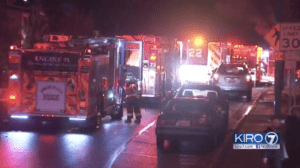 From Annie Padilla, regarding the devastating fire on Monday, October 24, 2016 that destroyed their home and many others and took the lives of two people and their pet cat “Baby”:
From Annie Padilla, regarding the devastating fire on Monday, October 24, 2016 that destroyed their home and many others and took the lives of two people and their pet cat “Baby”:
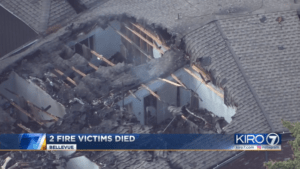 Detectives on the police force continue to investigate. We know only a few of the details. This is one topic we are avoiding, as frankly, it’s just too emotionally difficult to discuss.
Detectives on the police force continue to investigate. We know only a few of the details. This is one topic we are avoiding, as frankly, it’s just too emotionally difficult to discuss.Latihan Schedule Changes!
Be aware, there will be NO Latihans the following dates:
Thursday, Nov 3
Saturday, Nov 4
Sunday, Nov 13
Consider attending the Eastside Friday night Latihan (see: https://www.subudgreaterseattle.com/latihan-schedule/)
and the Saturday, November 12 Latihan at the Seattle Subud House, quiet time 10:15. We apologize for any inconvenience.
Padilla Condo Destroyed by Fire
Longtime Subud members Annie and Evan Padilla are safe, but their condo has been destroyed in a fire which took the life of their cat Baby and two people Monday night. Annie sent this today:
Perhaps you should post something about our situation. Our condominium was destroyed by fire Monday night Oct 24th. Fire swept through the entire building. Two of our neighbors died. We are moving from the Red Lion Inn to Residents Inn on 114th in Bellevue today. Please keep us in your prayers. We lost everything.
Their condo complex was called: “The Chimneys.”
BELLEVUE, Wash. – Two of four people who were hospitalized after a fire at a Bellevue condominium have died.
Firefighters responded to a two-alarm fire near 100th and Main Street before 8 p.m. Monday.
Fire officials said four people were rescued from the fire and were being treated. Two people had smoke inhalation and burns and the other two people suffered more severe injuries.
KIRO 7 learned Tuesday that two of the victims had died at Harborview Medical Center.
Lynn Calvo, 76, was inside her second-floor condo when she heard what sounded like water running down the outside of the building. When she looked out the peep hole in her door, she saw smoke and flames.
She ran to her deck, but there was smoke and flames there, too. She grabbed her phone and called 911.
“911 said, ‘Stay on the phone with me. We have firefighters coming,’ and in about two minutes, they broke down the door, scooped her up and rushed her out of the unit,” said Gina Hasson, Calvo’s daughter. Hasson said her mother was treated for smoke inhalation and released from Overlake Medical Center. She got the call last night about the fire.
SGS General Meeting Oct 16, 2016
There was a good turnout and a lively discussion about the current operations and state of the Subud Greater Seattle community after Latihan, October 16, 2016. In addition to reports about the state of the House, the Centerprise, Finances and other aspects of SGS, Sebastian Tedrow, the Executive Director of Subud USA gave a report of what is happening with Subud USA:
Our new National Committee is Mary Wold chairperson Lucas Boladian vice Chair, and Rafiq Dossani treasurer. We do not have a secretary yet. Volunteers welcome.
We are still looking for a site for the 2017 National Gathering on the East Coast. We have tentative dates of June 30-July 4, 2017. It will be a kejiwaan/wings gathering not a business congress. I have been looking for a venue for some time but I am currently trying to narrow it down to either the Baltimore or Atlanta area after looking at a number of other possible sites which have proven either two small or two expensive. At the national congress a subcommittee was set up the help with determining future congress sites. It should help in the future. Currently we plan on having the 2018 National Congress on the West Coast on one side or the other of the 4th of July, because Ramadan will be during the Memorial Day weekend from 2017-2019. My current favorite is the Vancouver WA Hilton which we have used 3 time before.
It was related that Latihan for Sunday, November 13 was cancelled and all the minutes compiled with care by Hadiyah Carlyle are posted here:


